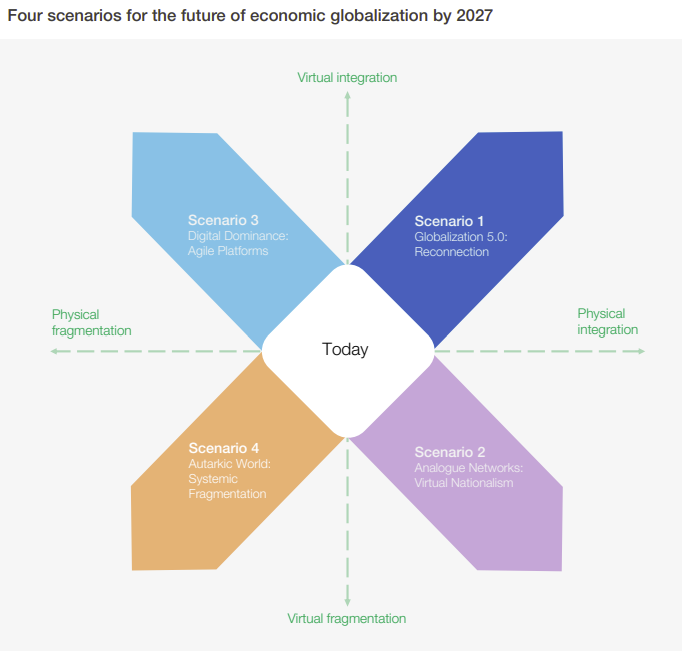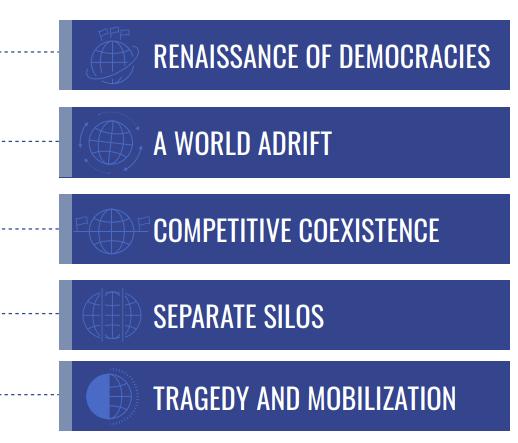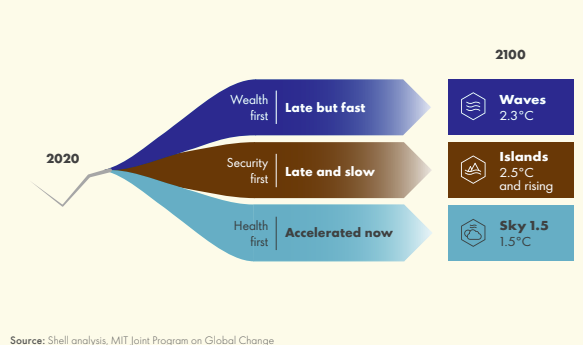Thriving on Overload … the defining capability for success today is the ability to thrive on a superabundance of information … here are 5 powers for success in a world of exponential information
March 19, 2023
Massive information overload is the defining feature of our age.
The incessant deluge threatens to drown us, yet within its excess lies almost everything of value today. The capacity to thrive on limitless information is now the single most important capability for success, yielding not just powerful insight, world-leading expertise, and better decisions, but also improved wellbeing.
In search of an escape from an everyday overload of messages, news, knowledge – and sometimes even an overload of new ideas – I turned to my good friend Ross Dawson, the Australian future thinker who I have done many events with. In his new book Thriving on Overload he offers a prescription for how to flourish in an accelerating world, showing you how to achieve superior outcomes in your career, ventures, investments, and life.
His thesis is all about choosing to thrive on overload―rather than being overwhelmed by it. He draws on his work as a leading futurist and 25 years of research into the practices that transform a surplus of information into compelling value. Develop the five intertwined powers that, together, enable extraordinary performance:
- Purpose: understanding why you engage with information enables a healthier relationship that generates success and balance in your life
- Framing: creating frameworks that connect information into meaningful patterns builds deep knowledge, insight, and world-class expertise
- Filtering: discerning what information serves us, using an intelligent portfolio of information sources, helps surface valuable signals above the pervasive noise
- Attention: allocating your awareness with intent, including laser-like focus and serendipitous discovery, maximizes productivity and outcomes
- Synthesis: expanding our unique capacity to integrate a universe of ideas yields powerful insight, the ability to see opportunities first, and better decisions
Scenario planning for information filtering
Scenario planning is one of the most effective of the arsenal of foresight methodologies, helping open the minds of participants as they discover for themselves alternative possibilities. One of the most useful outcomes is that it sensitises people to far better discern emerging trends, the “weak signals” that point to potential major shifts in the landscape.
The book explores some examples of using scenario planning for information filtering, noting that: A richly developed set of scenarios is far more valuable than a simple prediction. Useful scenarios provide not just an evocative picture of each future, but also a plausible and detailed narrative of the sequence of events that led there. Our minds grasp stories and mental pictures far better than abstract ideas or concepts. Having a small set of future worlds helps interpret almost any new information by seeing where it fits among the scenarios’ narratives. If it doesn’t fit anywhere, then it can be even more useful by prompting revision of the underlying thinking.
Of course scenario planning is most valuable in the practice itself, exploring possibilities and pathways that are relevant to the decisions that you are your organizations must make. Despite the massive strategic value of scenario planning, unfortunately only a minority of companies have the appetite for the in-depth process of exploring the possible futures of their industry.
However in your own information filtering and sense-making of our intensely complex world, you can draw on generic scenarios that are published by a variety of major organizations. Spending time with these can make it far easier to see the implications and import of emerging trends and news.
Here are a few scenarios that you may find useful to digest and apply to your sense-making.
World Economic Forum
World Economic Forum has a long history of deep scenario planning, formerly led by Ged Davis who came from leading Shell’s pioneering scenario planning group.
Their recent Four Futures for Economic Globalization shares perspectives on the global economy later this decade, providing a useful frame for unpicking directions in the macroeconomy and geopolitics.
 Source: World Economic Forum – Four Futures for Economic Globalization
Source: World Economic Forum – Four Futures for Economic Globalization
U.S. National Intelligence Council
Various U.S. intelligence bodies, notably the CIA, have published global scenarios over the last decades.
While they clearly are U.S.-centric and focused on security issues, they do a good job of delving into underlying structural forces such as demographics, environment, technology, and societal tensions. Their most recent report Global Trends 2040 explores the landscape, dynamics, and provides a set of scenarios 20 years forward.
 Source: National Intelligence Council: Global Trends 2040
Source: National Intelligence Council: Global Trends 2040
Shell
Shell originated modern scenario planning in the 1970s and it remains central to their strategic decision-making processes. They continue to share scenarios for energy and the environment. Their most recent report The Energy Transformation Scenarios examines in depth the scenarios and pathways for three different paths to the inevitable massive transition in energy.
 Source: Shell: The Global Energy Transformation Scenarios
Source: Shell: The Global Energy Transformation Scenarios
Other scenarios
This is of course a very small sampling of the public scenarios available that you can use for your own sense-making.
In particular the major consulting firms all publish scenarios for the future of a wide variety of industries, which can be extremely useful for leaders in those sectors.
You will get the most value in identifying the most relevant information by creating your own sets of scenarios, but using publicly available ones can also be very helpful with minimal effort.
More from the blog